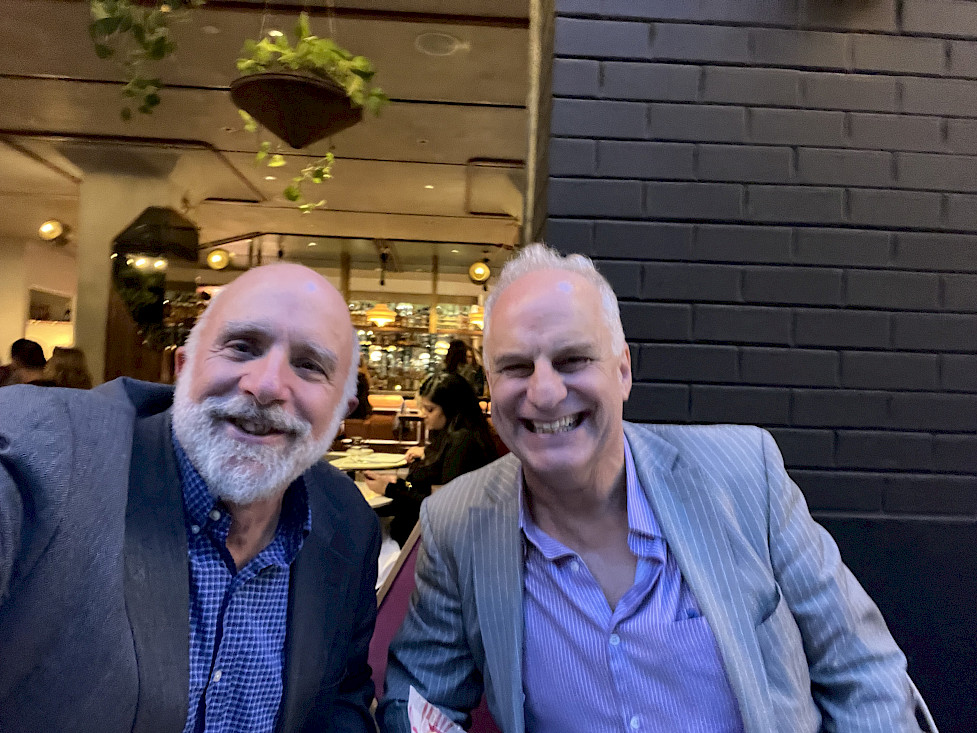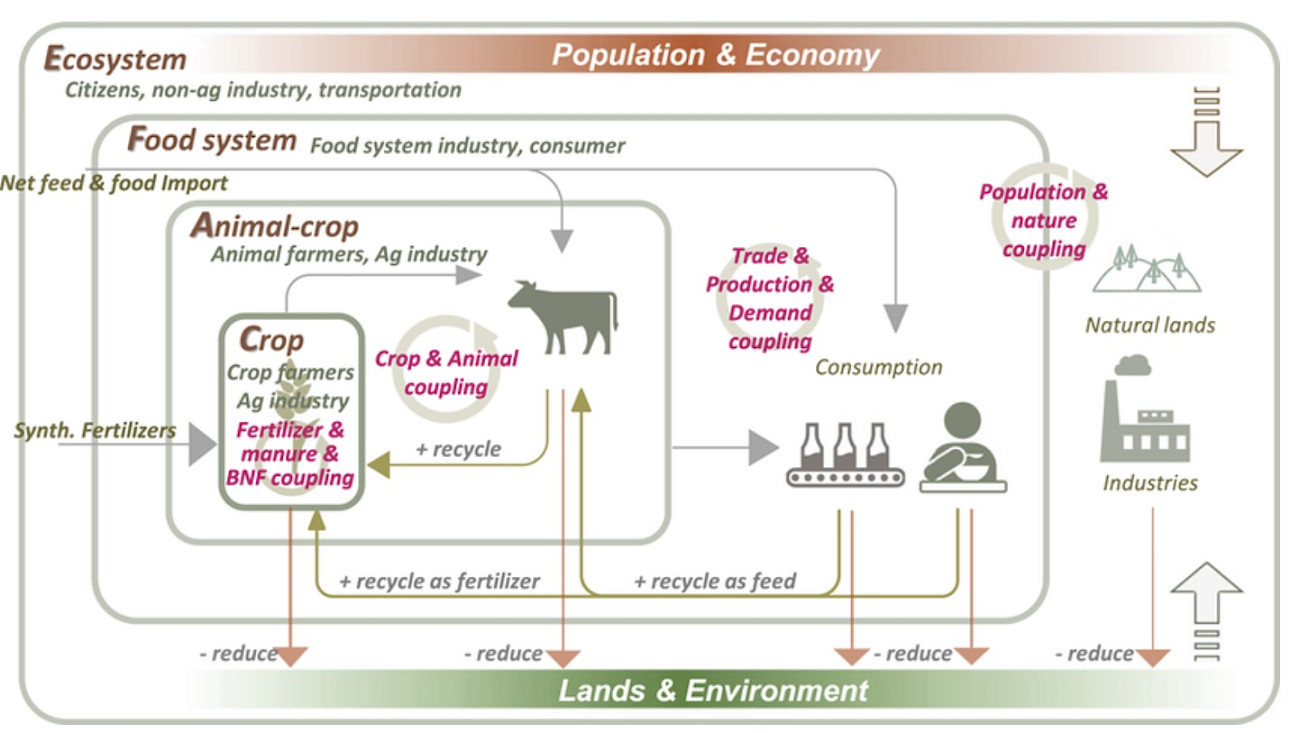Discussing Sustainable Agriculture with Andrew Campbell
Bill Dennison ·I met with my old friend and colleague Andrew Campbell in Washington D.C. on 10 May 2023. Andrew is the CEO of the Australian Centre for International Agricultural Research (ACIAR) and he was attending a meeting of the CGIAR. CGIAR is a global partnership of funders engaged in research to promote food security.

I first met Andrew in April 2011 when he was chair of Australia’s Terrestrial Ecosystem Research Network. I attended the TERN Symposium in Melbourne, Australia at the invitation of my former University of Queensland colleague Dr. Stuart Phinn. Andrew and I hit it off and we organized for me to visit him at Charles Darwin University (CDU) in June 2011. Andrew was the Director of CDU’s Research Institute for Environment and Livelihoods. This visit to Darwin kicked off a long and continuing partnership with various CDU faculty, ultimately producing a Darwin Harbour report card in 2021.
Andrew and I collaborated with Judy O’Neil, Cindy Heil, Adrian Jones and Simon Costanzo to develop a US-Australia virtual environmental education partnership in 2014-2015. We called this program USAUS-H2O and we organized school pairings from the US and Australia to educate and inform responsible stewardship of water resources between US and Australian student teams through an interactive-virtual partnership. We held teacher workshops in Brisbane, Australia and Annapolis, USA, developed curricula and worked with 8 teachers at 8 schools from each country where Andrew proved to be a great partner.

My recent collaborations with Drs. Xin Zhang and Eric Davidson on developing tools and assessments for the goal of obtaining sustainable agriculture informed my discussion with Andrew. The insight I gained from Andrew was that if we can figure out how to create sustainable food systems, we can make significant progress on three separate fronts: 1) Climate change adaptation and resilience, 2) Water security and 3) Nutrient management.
- Climate: Agricultural systems can be both a major source of greenhouse gases (e.g., methane from animal digestive systems, nitrous oxide from soil microbial activity following fertilization, and carbon dioxide from respiration) and a sink of greenhouse gas (e.g., carbon dioxide uptake by photosynthesis). Developing agricultural practices to reduce greenhouse gases can make a real difference globally.
- Water: Agriculture is the major water use by humans, outstripping all other uses. On average, agriculture uses about 70% of all water consumed by humans. Developing efficient irrigation systems, avoiding use of thirsty crops in arid or semi-arid regions, and choosing water efficient crop strains are ways that agriculture can help with
- Nutrients: Crops require both nitrogen (N) and phosphorus (P) but a fraction of the N and P applied to agricultural fields is not absorbed by plants and ends up in groundwater or runoff, leading to environmental degradation in receiving waters. Furthermore, Xin Zhang’s CAFE model of Crops, Animal production, Food and Ecosystems identifies the various losses of N and P from the application of fertilizers and manure ultimately to human consumption. These losses can be mitigated by practices like fertigation (combining irrigation with fertilization), more vegetarian diets, and more efficient farm to table systems.

About the author
Bill Dennison

Dr. Bill Dennison is a Professor of Marine Science and Vice President for Science Application at the University of Maryland Center for Environmental Science.